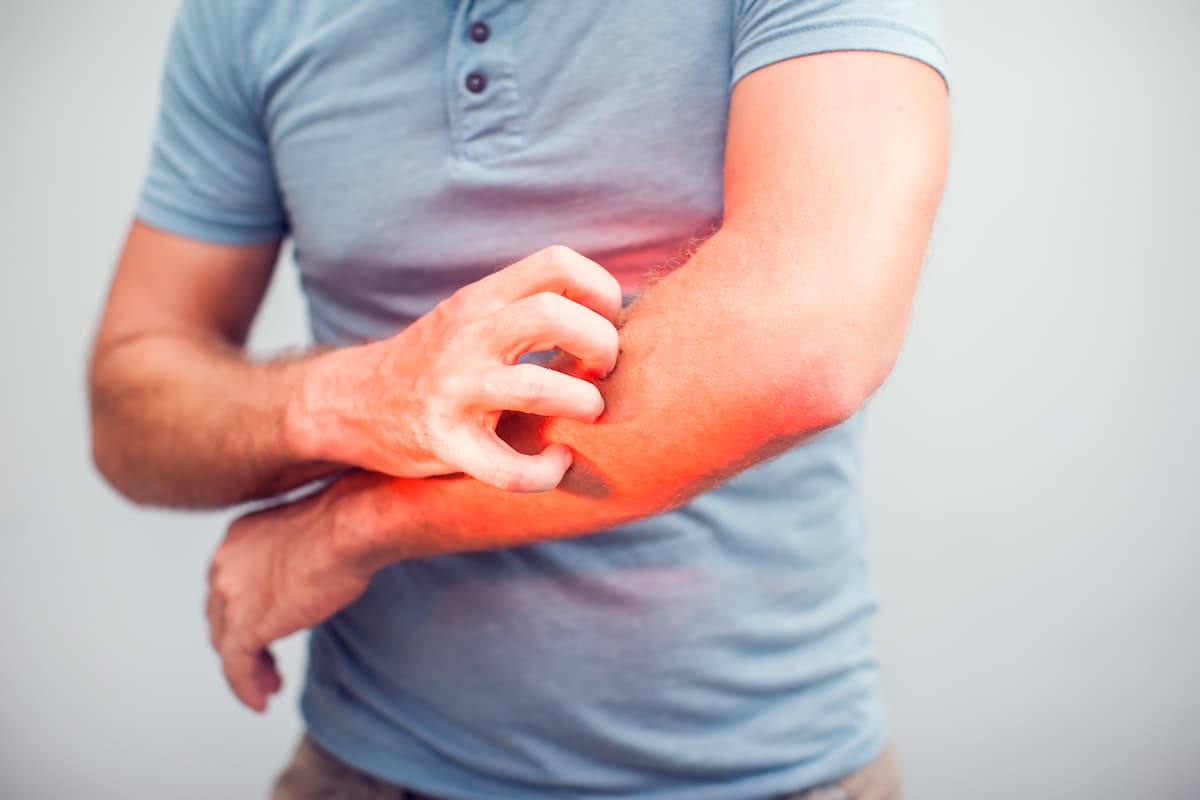Article
New Deep Learning Model Predicts Breast Cancer Risk
Author(s):
Key Takeaways
- Deep learning model improves breast cancer risk prediction by utilizing imaging biomarkers from mammograms, outperforming traditional models.
- Traditional risk models are limited by reliance on incomplete patient data and primarily consider breast density.
A deep learning model was found to support the identification of imaging biomarkers on screening mammograms, according to researchers at Massachusetts General Hospital.
A deep learning model was found to support the identification of imaging biomarkers on screening mammograms, according to researchers at Massachusetts General Hospital (MGH). These biomarkers can then help to predict a patient's risk for developing breast cancer with greater accuracy than traditional risk assessment tools.
"Traditional risk assessment models do not leverage the level of detail that is contained within a mammogram," said study co-author Leslie Lamb, MD, MSc, breast radiologist at MGH, in a press release. "Even the best existing traditional risk models may separate sub-groups of patients but are not as precise on the individual level."
The risk assessment models that are currently available present the limitation of only using a small portion of patient data, which may not include such details as family history, prior breast biopsies, and hormonal and reproductive history, according to the study. In traditional models, only the feature of breast density is included from the screening mammogram results.
"Why should we limit ourselves to only breast density when there is such rich digital data embedded in every woman's mammogram?" said senior author Constance D. Lehman, MD, PhD, division chief of breast imaging at MGH, in the press release. "Every woman's mammogram is unique to her just like her thumbprint. It contains imaging biomarkers that are highly predictive of future cancer risk, but until we had the tools of deep learning, we were not able to extract this information to improve patient care."
To better predict breast cancer risk, the researchers developed the deep learning algorithm using data from 5 MGH breast cancer screening sites, which included data from women with a personal history of breast cancer, implants, or prior biopsies.
Data provided from these sites included 245,753 consecutive 2D digital bilateral screening mammograms that were conducted in 80,818 patients during the period between 2009 and 2016. Among the total mammograms studied, 210,819 exams conducted in 56,831 patients were used for training, 25,644 exams from 7021 patients were used for testing, and 9290 exams from 3961 patients were used for validation.
The researchers then analyzed the accuracy of the deep learning image-only model in relation to the commercially available Tyrer-Cuzick version 8 risk assessment model in order to predict future breast cancer within 5 years of the index mammogram. With the traditional risk model achieving a predictive rate of 0.61, the deep learning model significantly outperformed this model at the rate of 0.71.
"Our deep learning model is able to translate the full diversity of subtle imaging biomarkers in the mammogram that can predict a woman's future risk for breast cancer," Lamb said in the press release.
Lamb also noted that the new deep learning model was externally validated in Sweden and Taiwan, with further studies currently being planned to assess the efficacy of the model among larger African American and minority populations.
"Traditional risk models can be time-consuming to acquire and rely on inconsistent or missing data," Lamb said in the press release. "A deep learning image-only risk model can provide increased access to more accurate, less costly risk assessment and help deliver on the promise of precision medicine."
REFERENCE
Deep learning predicts woman's risk for breast cancer. Oak Brook, IL: Radiological Society of North America; November 30, 2020. https://www.eurekalert.org/pub_releases/2020-11/rson-dlp112320.php. Accessed February 16, 2021.

FDA Approves Dupilumab, Marking First Targeted Therapy in a Decade for Chronic Spontaneous Urticaria





